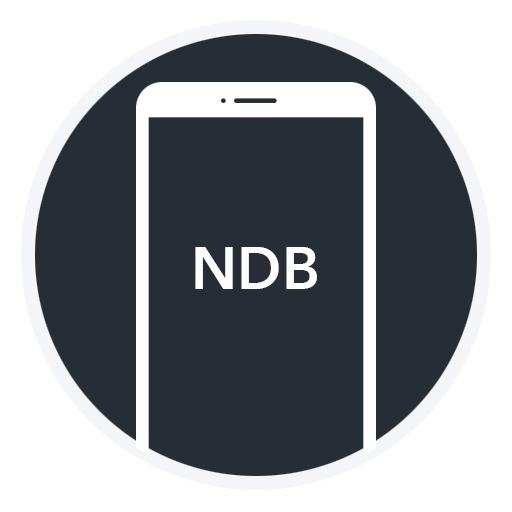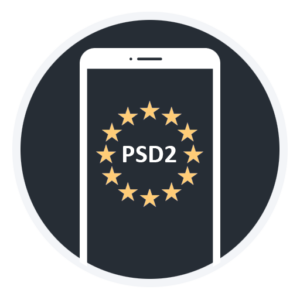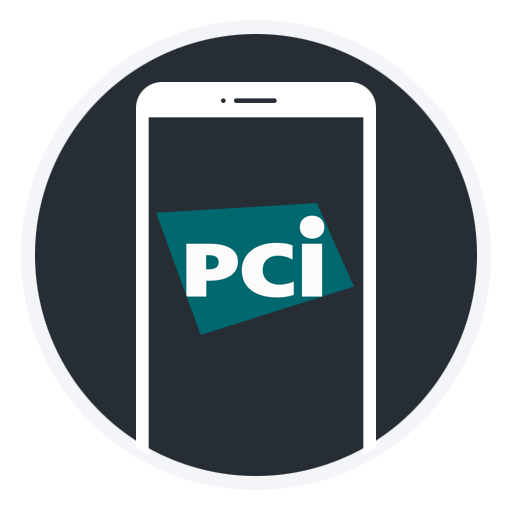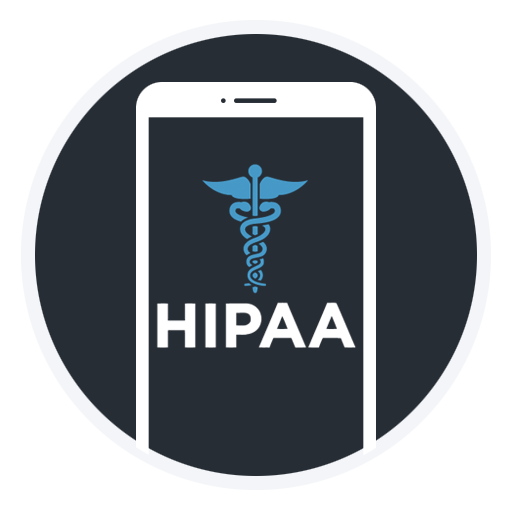
NDB and mobile devices
“The reality for a lot of businesses is that there are many Privacy Amendment (Notifiable Data Breaches) security time bombs in the workplace, including … unsecured and lost personal devices such as smart phones and tablets.” MyBusiness.Com.Au, 2017
The Notifiable Data Breaches (NDB) requirement, contained under Part IIIC of Australia’s Privacy Act 1988 (Privacy Act), introduced an obligation to notify individuals whose personal information is involved in a data breach that is likely to result in serious harm. The legislation applies to all businesses carried on in Australia that collect or hold personal information in Australia.








